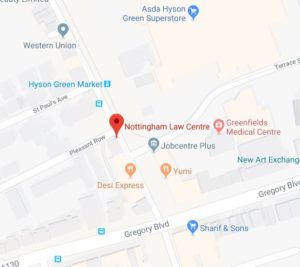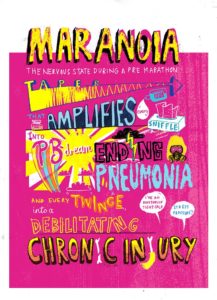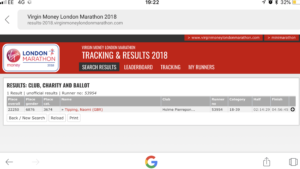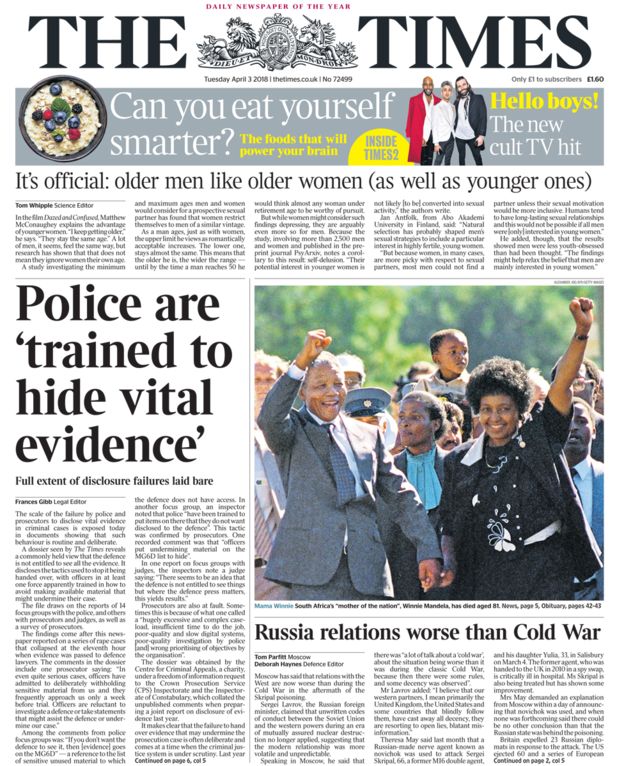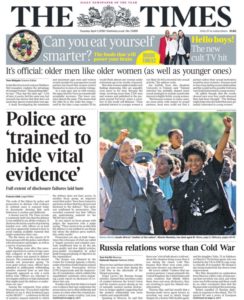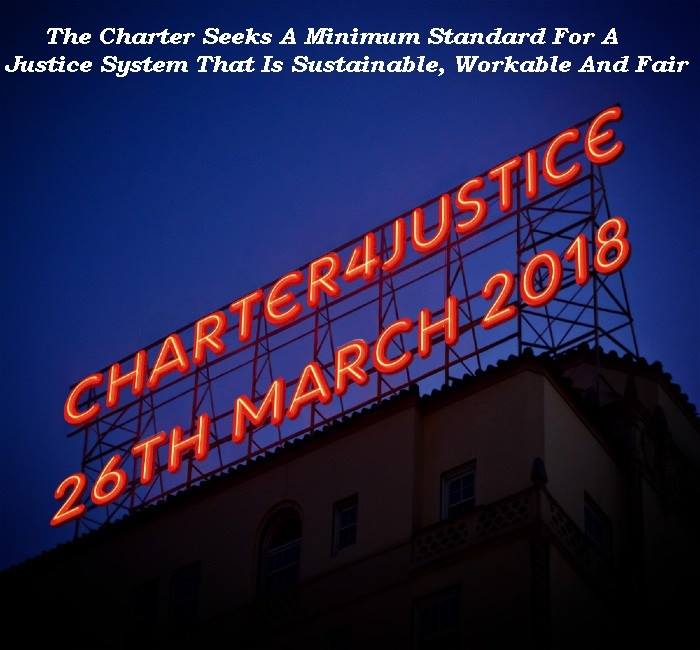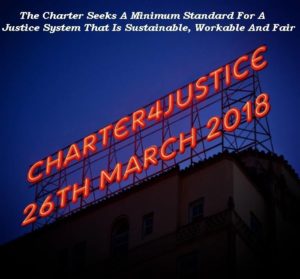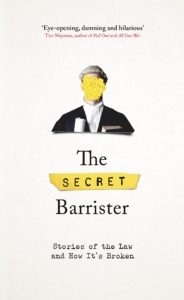Category Archives: News
There is a defence in law known as necessity or duress of circumstances. It is often raised by our clients in early discussions about their case.
It can be very difficult to demonstrate. It is only likely to apply in unusual and extreme circumstances. It is used to describe a situation where someone is forced by the demands of the situation to act unlawfully. In so doing, a worse situation was avoided by acting in this way. This defence is quite separate from an issue of self-defence which is often far more straight forward.
What do I need to demonstrate to show duress?
You will need to show that you only acted for as long as was necessary. In a driving case where you need to escape a dangerous situation, for example, when you are over the legal alcohol limit, you must stop as soon as the danger has been averted. If you carried on driving, you would no longer have a defence.
You must be able to demonstrate that
- no other action could be taken
- there was genuinely a greater evil that was being avoided by behaving in the way that you did
- your behaviour did not go beyond what was absolutely necessary.
What if I have been threatened?
Sometimes a person will say that he committed an offence out of fear for his personal safety or that of someone else, because of threats that have been made.
The key point is for there to be a clear and close danger combined with the threat of serious injury or death. A threats to cause damage to property is unlikely to constitute a threat serious enough to provide a duress defence.
If there is a large gap in time between threat and offence so that a person could have gone to the police but did not, it would be extremely unlikely that any defence could succeed.
Gangs, criminality and duress
The defence can often arise in the context of gang violence or where a person might owe money to loan sharks due to drug use. Unfortunately for such individuals, the defence of duress is unavailable to those who, having entered those worlds voluntarily, understood how violence was used as a means of securing particular objectives.
In relation to gang membership the court of appeal, in Sharp [1987] QB 853, has ruled:
“… where a person has voluntarily, and with knowledge of its nature, joined a criminal organisation or gang which he knew might bring pressure on him to commit an offence and was an active member when he was put under such pressure, he cannot avail himself of the defence of duress.”
As always though, the law on this point is very complex so it will always be best to seek our expert legal advice.
What is the legal test for duress?
In Howe [1987] AC 417 the court expressed the test in the following terms:
“Was the defendant, or may he have been, impelled to act as he did because, as a result of what he reasonably believed [the threatener] had said or done, he had good cause to fear that if he did not so act [the threatener] would kill him or … cause him serious physical injury? (2) If so, have the prosecution made the jury sure that a sober person of reasonable firmness, sharing the characteristics of the defendant, would not have responded to whatever he reasonably believed [the threatener] said or did by taking part [in the offence].”
Do duress or necessity of circumstances apply to all offences?
Duress can never be a defence to murder or attempted murder, but strangely it may be a defence to conspiracy to murder (Ness [2011] Crim LR 645).
The potential harshness of this rule can be illustrated by the case of Wilson [2007] 2 Cr App R 411, where a 13-year-old boy, powerless to ignore the instruction of his father, was unable to advance the defence at trial.
It is thought to potentially apply to all other offences.
Can necessity apply to using cannabis for medicinal purposes?
The short answer is no.
There is no defence of necessity or duress available for using cannabis for medicinal purposes. There have been many cases on this point and in 2005 the courts comprehensively rejected any such argument, stating that it fell well outside of the ambit of duress. It may however amount to mitigation of the offence.
How we can help
The defence of duress and necessity is complicated. As a result this article can only ever be a short overview. Whether it can apply in your case will be entirely dependent on the evidence. It is vital, therefore, that you obtain expert legal advice and representation immediately the police want to speak to you.
You can find details of your nearest office here.
Alternatively you can use the contact form below.







